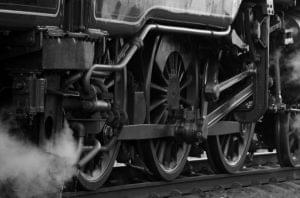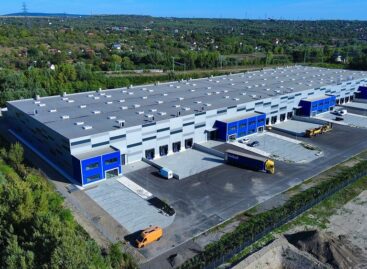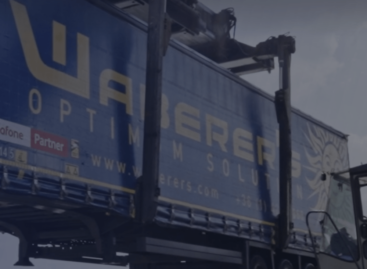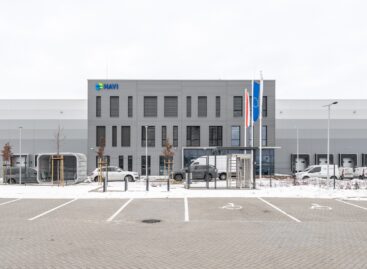”The arteries are bleeding”: Hungrail urges cost freeze to save rail freight transport
As long as the railway does not provide the necessary regularity, costs should not be increased, said Lajos Hódosi, executive director of the Hungrail Hungarian Railway Association, on InfoRádió. According to him, in the current situation, railway costs should be frozen until the operators can provide competitive, reliable services.
Market close to collapse: falling volumes, deteriorating utilization
 According to the analysis of the Hungrail VÁK index, the business model of domestic rail freight transport has become unsustainable: toll revenues do not keep up with costs, traffic is decreasing, capacity utilization is deteriorating, and the competitive disadvantage compared to road is increasing.
According to the analysis of the Hungrail VÁK index, the business model of domestic rail freight transport has become unsustainable: toll revenues do not keep up with costs, traffic is decreasing, capacity utilization is deteriorating, and the competitive disadvantage compared to road is increasing.
Q1 2025: the weight of goods transported by rail is -14.2% compared to the same period of the previous year; in freight tonne-kilometers, nearly -20%.
KSH data: domestic performance –24.8%, international comparison –11.9%.
A general decline is visible in export markets; the weakening of the mechanical industry, grain trade and forestry is particularly painful. The failure of Dunaferr has further worsened the situation.
“We often say that the railway is the artery of the economy – now this artery is bleeding,” said Hódosi, adding: the bleeding must be stopped as soon as possible.
Cost shock vs. revenue ceiling: the scissors have opened
According to Hungrail, the unit costs per gross tonne-kilometre increased by +13.8% on an annual basis in the first quarter of 2025. This was driven by the increase in network access fees and shunting services, as well as the increase in wage costs moving in line with inflation.
In contrast, specific charges were only able to increase by +7.1%, partly due to the weakening exchange rate. Railway companies were unable to enforce the necessary fee increase on the client side; at least an additional increase of +6.7% would have been needed to break even.
Meanwhile, the track usage fee has increased by +17% in the recent period, and the predictability of the traction energy fee has disappeared from the system, said Hódosi.
Related news
Related news
40 secure jobs, sustainable solutions – new BURGER KING® in Csepel
🎧 Hallgasd a cikket: Lejátszás Szünet Folytatás Leállítás Nyelv: Auto…
Read more >








